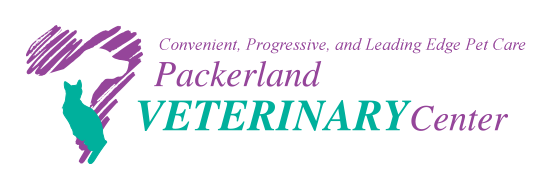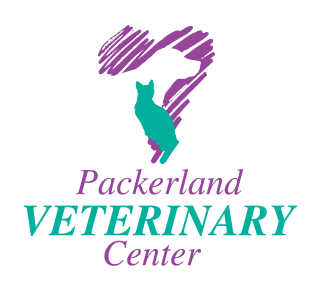


ASK US
Top Pet Poisonings of 2012
 Calling all Labrador owners! It turns out that the most common breed involved in toxicities as reported by Animal Poison Control Center (APCC) was the Lab. This isn't too surprising, given that a Lab's brain thinks about food pretty much all of the time (and this isn't an insult- I have two Labs of my own!) What may be surprising is that the second most popular breed was the domestic shorthair cat (I have two of these as well, so I guess I'm in for trouble). Regardless of who is doing the eating of silly things, here are the most common poisons that caused owners to consult poison control.
Calling all Labrador owners! It turns out that the most common breed involved in toxicities as reported by Animal Poison Control Center (APCC) was the Lab. This isn't too surprising, given that a Lab's brain thinks about food pretty much all of the time (and this isn't an insult- I have two Labs of my own!) What may be surprising is that the second most popular breed was the domestic shorthair cat (I have two of these as well, so I guess I'm in for trouble). Regardless of who is doing the eating of silly things, here are the most common poisons that caused owners to consult poison control. 1. Prescription human medications with blood pressure pills, antidepressants, and pain medications topping off the list. No matter what medications you are taking please make sure they are kept out of your pet's reach. If necessary, you can put child-locks on cabinets to keep your pets out (I've done this, as my cat can open cupboards and Rubbermaid food containers!).
2. Insecticides, with the majority of these calls involving cats. If you use an over-the-counter flea product on your cat, please make sure you are using it properly!
3. OTC human medications such as acetaminophen, ibuprofen, and herbal supplements. See #1.
4. Veterinary products and medications- flavored tablets are a big culprit here. We've had our own calls about animals eating their two weeks supply of Rimadyl in one night! If your pet ever does this, please call us right away! The quicker we respond, the less serious the damage.
5. Household products ranging from fire logs to cleaning products. The worst case I've ever seen was a Jack Russell Terrier who ate chlorine tablets that are used for pools. He had chemical burns in his lungs and needed to be on a respirator for a few days. If a dog will eat chlorine (or its poop, for that matter), then they'll eat ANYTHING!
For any of you who have a Home Again microchip, their yearly package includes an emergency hotline available 24/7 free of charge. This is a great resource for possible poisonings. As always, if there is ever any question about something your pet ate, please call us or APCC right away.

-Dr. Tracy Olson
*This information was found on the ASPCA's website- www.aspca.org *



